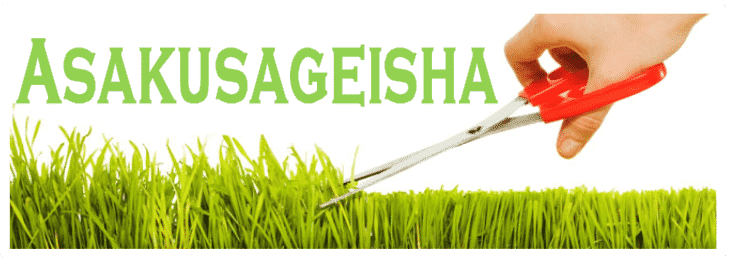Gardening Just Like A Pro: Organic Gardening Tips
Organic gardening is wonderfully therapeutic and everyone can appreciate it. Starting to garden might be intimidating at the beginning. How should a novice learn how to properly garden? The best way to start is always to keep reading this post!
Composting for organic gardening reduces the need for fertilizers, is a form of herbicide, will help home improvement shows prevent plant diseases and helps impact the planet in positive ways. Composting is actually a method to obtain nutrition for insects, assists with soil erosion and reduces waste shipped to landfills. It really is wonderful for the health of the surroundings on the whole.
Make your seeds warm and humid. Most seeds are healthy at the temperature of around seventy degrees. Place your pots close to a heating vent or install one more heater if required. It is possible to cover your pots with plastic films to ensure the seeds can keep their humidity and warmth.
Embrace earthworms from the organic garden! Earthworms are an organic gardener’s closest friend. Through tunneling and their nitrogen-rich castings, they can help to aerate the soil. This improves the amount of oxygen that reaches a plant’s roots, improves water retention capacity, and keeps the soil loose and workable. They really raise much-needed minerals in the garden’s subsoil towards the topsoil, where plants will get the greatest benefit. These worms also split up hardpan soil, which happens to be detrimental to root growth.
Before beginning planting inside your garden, it’s a smart idea to test out your soil’s acidity first. Home testing kits are plentiful. Your soil must have a pH around 6.5 for most vegetables. In case the pH is simply too low, you are able to boost it by spreading lime. If it’s too high, you can utilize powdered sulfur.
If your backyard soil isn’t conducive for an organic garden, try installing an elevated bed. Throughout the raised bed, you could make your personal combination of soil and compost to obtain the ideal soil for raising your crops. Just be sure the bed is at least 16 inches high to ensure roots have room to flourish.
Organic fertilizers are better to the soil than chemical fertilizers. The soil will organic gardening absorb the organic fertilizer of the necessary nutrient elements and natural substances that can foster development in plants. This can be ideal as you are certainly not adding unwanted chemicals to the soil that might harm plants long term. The key to successful organic gardening is building healthy soil to ensure that plants will thrive today and then for future seasons.
If you have low-growing weeds, including lamium or chickweed, utilize a fast strategy to take them off. When your weeds have started into a mat, you can use a sharp spade to slice under the weeds. As soon as the weeds are cut, you must turn them over which can bury the leaves. The leaves will rot and nourish your soil.
In case you are a new comer to organic gardening and would like to try growing vegetables, you ought to know that certain plants are much better to get started with than others. By way of example, broccoli, onions, and peppers are within the easiest. You must also bear in mind that different plants have different growing timetables. These timetables can be found online. After selecting which plants you need to grow, check out their timetables so that you know the best time to plant them.
To get the best organic garden, choose plants that the best in your kind of soil and climate. Plants who have adapted to a specific type of environment have a better chance to thrive without much fuss because environment. These plants may also save you amount of time in maintenance since they are naturally hardy.
Take care of your compost. Cover your compost pile with a lid, tarp or black plastic. Sunlight will eliminate the bacteria which do the composting, therefore the outer layers of the compost pile that is in contact with direct sunlight will not likely disintegrate. Water the compost pile regularly, keeping it evenly moist. Usually do not over-water, as being a soggy compost pile will rot. Turn the pile every two to five days to aerate and provide oxygen towards the bacteria. If required, give a composting activator to speed up this process.
Organic Gardening
When taking an organic way to control garden pests, try to produce the soil allowing healthy microbes to flourish. Earthworms can also be crucial to organic gardening and they will be encouraged to remain in the soil. As soon as the soil is unhealthy, it is not necessarily as resistant against pests.
Be sure that you have earthworms within your soil. Earthworms are necessary to great organic gardening, because they aerate the soil. Also, the by-products of earthworm digestion are actually great plant food. Earthworms encourage soil bacteria that offer needed nutrients to your plants while rivaling harmful insect pests, reducing the demand for chemical pesticides and fertilizers.
As a way to offer your organic gardening by far the most success, mulch it with 3 inches of organic material. By mulching your organic garden you are going to conserve water, add nutrients to the soil as well as prevent weeds from growing. As an added bonus, mulching also gives your organic garden some beauty.
Together with the tips in this post you might be able to make organic gardening a much more enjoyable experience. Having a properly grown garden could be fun and relaxing. Utilizing the advice you have read in this article, you can learn to garden organically just like a pro.
